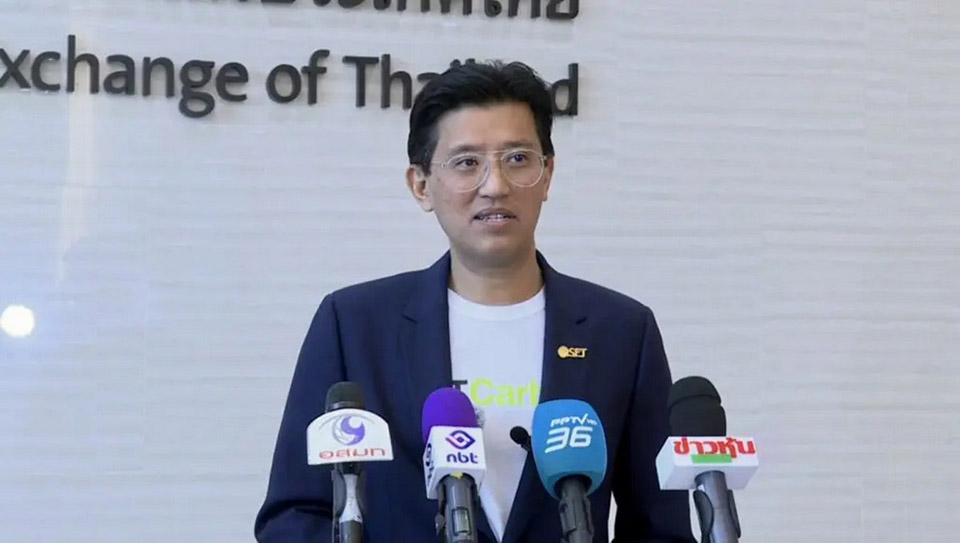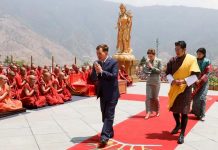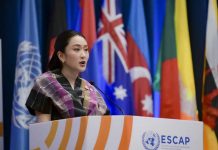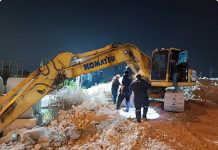
BANGKOK, Thailand – The Managing Director of the Stock Exchange of Thailand (SET) disclosed that the Uptick Rule might not be entirely abolished but could still be applied to individual stocks. He emphasized that all measures affecting the stock market are being reviewed, while keeping an eye on Donald Trump’s inauguration as U.S. President on January 20. Businesses are advised to prepare for potential impacts.
Assadet Kongsiri, Director and Managing Director of the Stock Exchange of Thailand, revealed efforts to enhance regulatory measures for the stock market. The SET, in collaboration with the Securities and Exchange Commission (SEC), has been engaging in continuous discussions. During the recent annual meeting between the SEC board and SET, all regulatory measures were reviewed to ensure alignment with market conditions, including the Dynamic Price Band (DPB), intra-day price movement limits, Floor & Ceiling measures, and the Uptick Rule.
Assadet acknowledged that certain measures might add pressure to the already volatile market, especially during downturns. He stated that concerns have been raised over whether short-selling regulations have exacerbated market volatility. The SET is considering adjustments, including the possibility of applying the Uptick Rule to individual stocks instead of the entire market. This review will involve extensive data analysis and coordination with the SEC to reach the most appropriate conclusion.
On the upcoming inauguration of Donald Trump as U.S. President, Assadet commented on the potential implications for the market. Analysts hold varying opinions. Data shows that Thailand ranks 12th in its trade deficit with the U.S., not among the top positions. However, Trump’s policies are expected to focus on industrial sectors, particularly EVs, electronics, and technology, rather than agriculture, which comprises the majority of Thailand’s exports.
He advised Thai businesses to prepare for all scenarios to maintain a competitive edge in the global market. (TNA)










